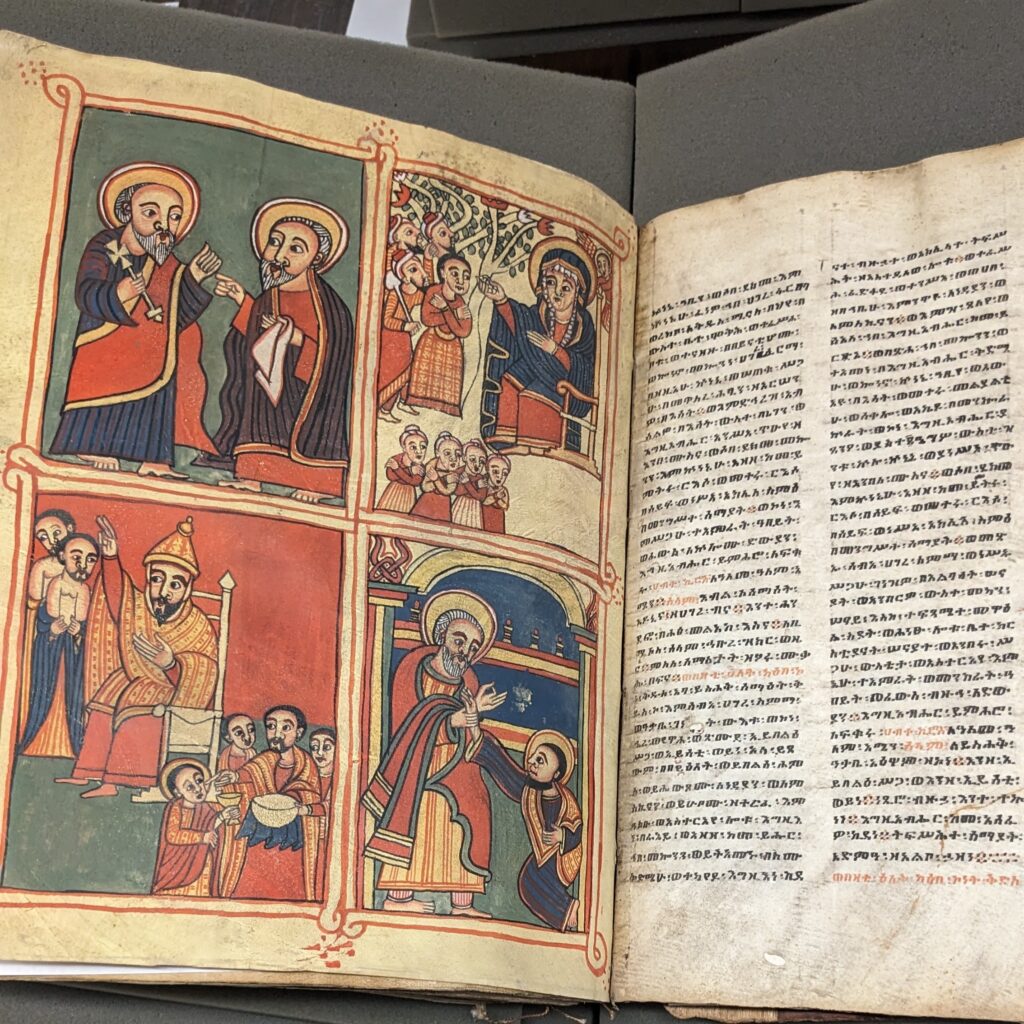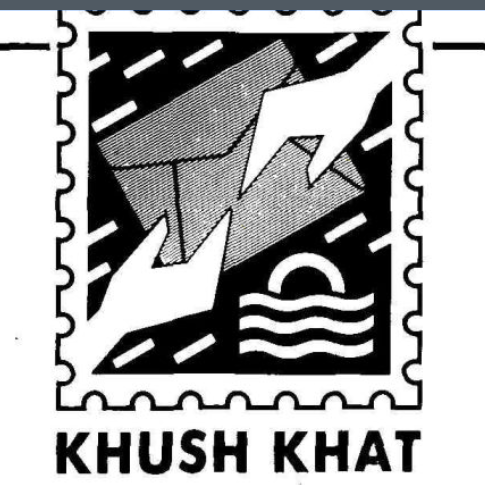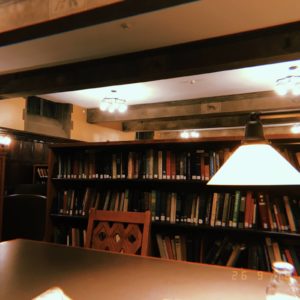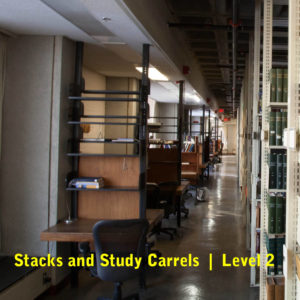As course selection begins, you might find yourself searching endlessly through the Course Offerings webpage, trying to craft the perfect schedule for next semester. You’re probably weighing a number of different factors— the professor, the class topic, the reading list, the different requirements it fulfills— and trying to balance these in the best way possible.There is another possibility here, which you can’t find in the course offerings: reading courses. Not advertised on department websites or listed with course offerings, reading courses are some of Princeton’s hidden academic gems. The University defines a reading course as a specially designed course not normally offered as part of the curriculum that is arranged between a student and a faculty member. These courses count for academic credit, and focus on a topic of the student’s choosing. If you’ve ever dreamed about designing your own course, this is your opportunity.
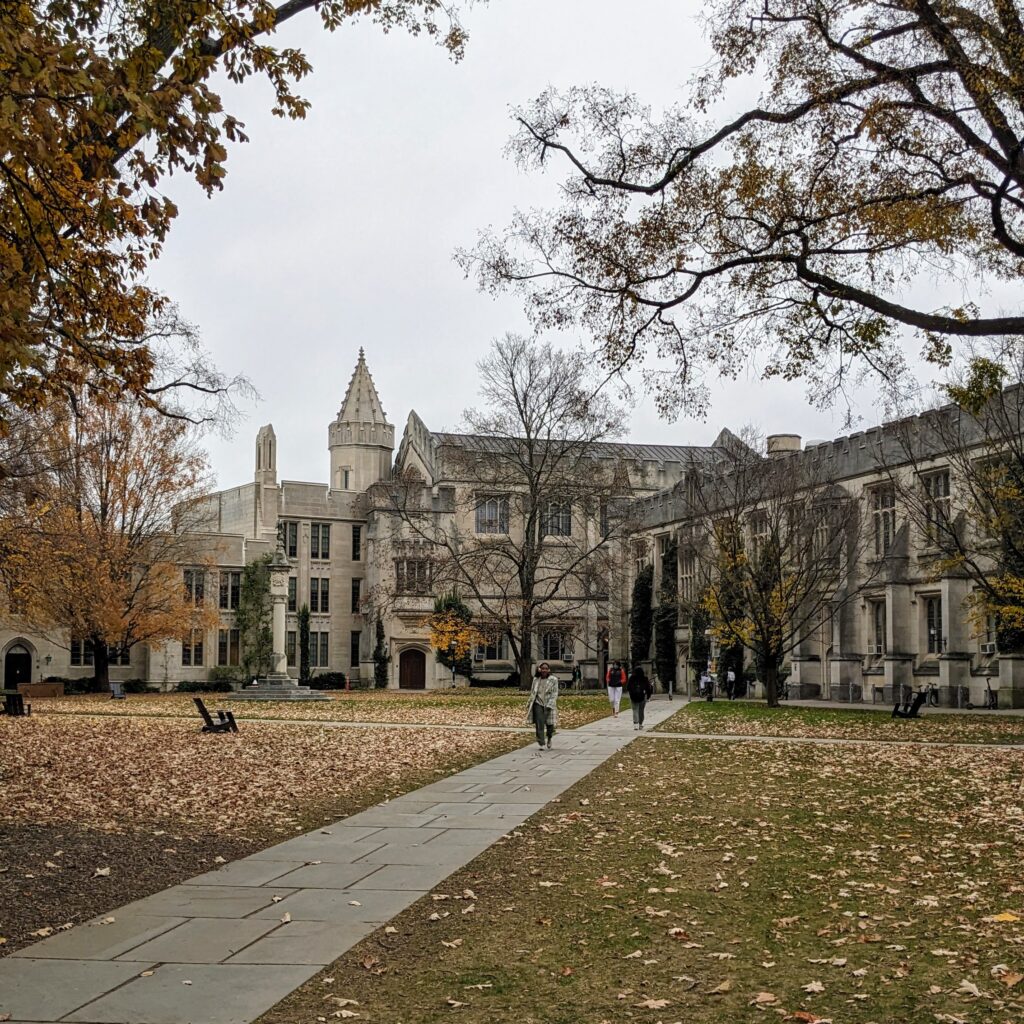
McCosh Courtyard in November
Continue reading Reading Courses: A Guide

